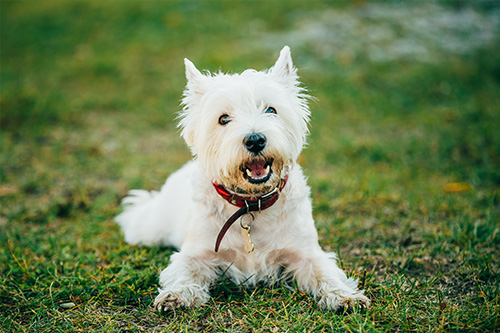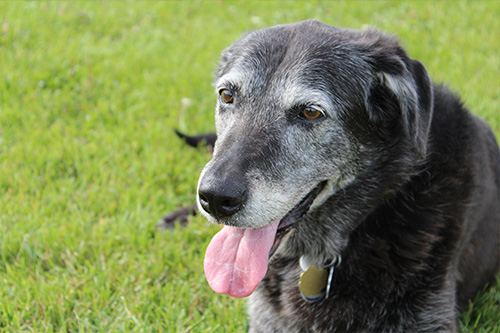It is our belief that planning for regular wellness visits with your vet throughout your pet’s life is the best way to ensure your pet’s long-term health and well-being. When your pet is sick or injured, we are here for you, and we’re happy to recognize that most pets most of the time enjoy good health and have no immediate need to visit the vet for illness or injury.
There are multiple benefits to routine wellness exams for your pet’s health:
- to keep tabs on your pet’s growth, development and body condition
- to monitor dental health, catching early signs of periodontal disease allows us to take proactive preventative care
- to detect illness or disease early, when it’s most likely to be treatable
- to answer any of your questions and/or offer veterinary advice on best care practices for your individual pet at its particular life-stage
The core of a wellness program is the routine wellness exam. During a wellness visit your vet will conduct a thorough medical assessment of your pet. This includes:
- a physical examination of…
- body condition
- skin and coat
- eyes and ears
- mouth and teeth
- listening to their heart and breathing
- updating vaccinations to protect against viruses known to our area
- recommending or administering other treatments, such as parasite prevention or elimination
Along with the physical examination, your veterinarian may recommend laboratory bloodwork to look at organ and metabolic function and to check for internal parasites.
The recommended frequency of wellness exams varies with life-stage.
Monthly wellness exams, within the first six months, are important for puppies and kittens in order to monitor their rapid growth and development, give them their initial vaccines, deworm them, and make sure their teeth are developing without problems.
Yearly wellness visits for adult pets allows your veterinarian to check up on their health, assess any issues and keep them up to date with vaccines.
Twice a year wellness visits for senior pets is the gold star standard for an exam as well as bloodwork to monitor any age-related conditions that may develop or are being managed.
The importance of dental health and regular dental care to the overall health and well-being of pets can’t be overstated. A look at your pets’ mouth will allow your vet to advise of needed dental health procedures such as cleaning and offer dental home-care recommendations. Untreated dental problems can cause your pet pain and even have systemic effects on their organs and overall health.
Puppies and kittens need to have their teeth monitored closely so that painful conditions can be promptly dealt with and to identify any problems with their dental development early to facilitate appropriate and effective intervention.
Adults and seniors should be regularly assessed for tartar buildup, signs of periodontal disease, and worn or broken teeth, as well as having routine cleanings.
Regular visits are also a chance for us to get to know you and your pet. They are your opportunity to talk to your vet and tell them about any problems or issues you’ve noticed and address any questions or concerns you may have. You can get valuable advice on nutrition, appropriate exercise and general care and wellness.





